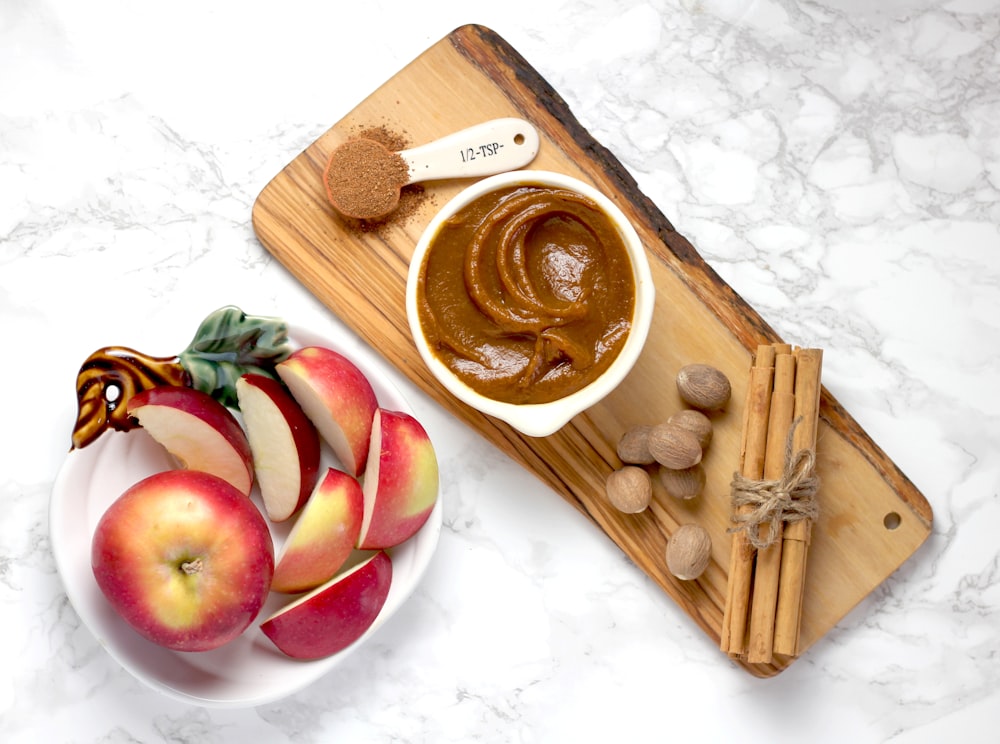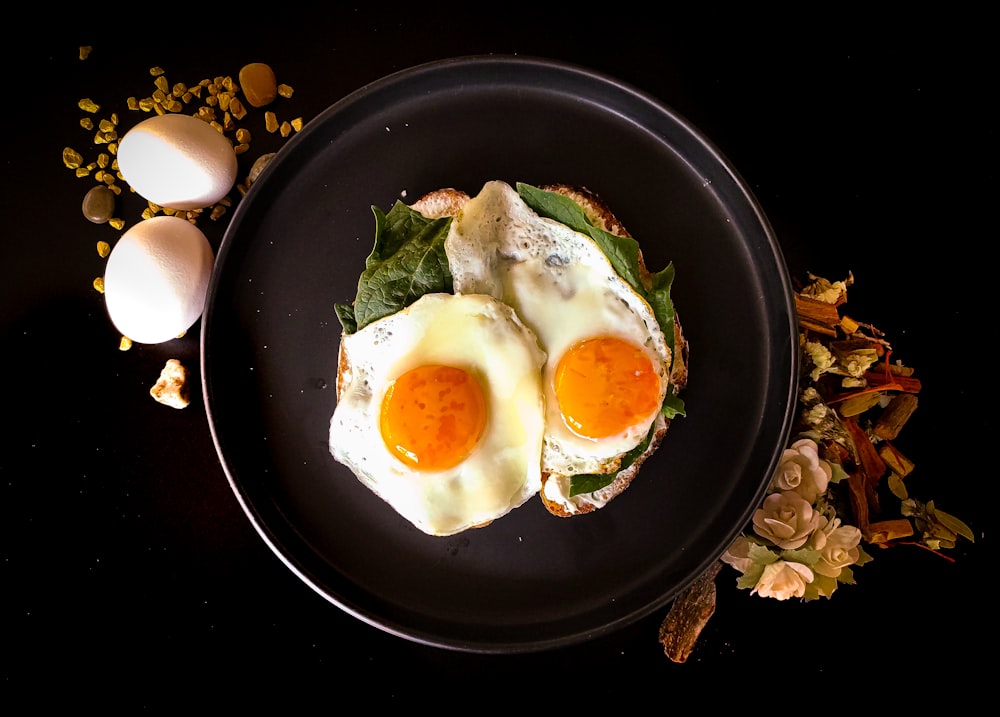
Zinc is an essential trace element that must be consumed regularly through the diet by eating foods high in zinc. Why is Zinc such an essential nutrient and mineral? Zinc is responsible for numerous bodily functions. Without zinc, your body wouldn’t be able to produce over 300 enzymes that are responsible for nerve function, digestion, metabolism, and more. Zinc is important for maintaining a healthy immune system and reproductive system, while also reducing inflammation inside the body.
The human body only needs a small amount of zinc per day. Women typically need minimum 8mg of zinc per day, and men need about 11mg per day. The challenge is figuring out where to get your daily dose of zinc, which is why we’re going to go over some of the best foods high in zinc.
You should not be consuming more than 40mg of zinc per day. Since adults only need between 8mg to 11mg of zinc per day, zinc deficiency is quite rare. However, some people carry genetic mutations that increase their need for zinc.
When someone has a zinc deficiency, they’ll notice certain symptoms. Some of the symptoms of zinc deficiency include impaired sense of taste and smell, fertility issues, decreased immunity, poor mood and feelings of depression, dry skin, thinning hair, impaired wound healing and skin health issues.
Because zinc is such a vital mineral that our bodies need, below are 13 foods high in zinc that you could add to your grocery list or be cognizant of when out at restaurants:
1. Meat
Vegetarians might be more likely to have issues with zinc deficiency because the meat is one of the best and most easily accessible sources of zinc. Red meat, like beef, is one of the foods high in zinc. Around 100g of raw beef delivers about 4.8mg of zinc (44% of the recommended daily intake). Lamb and pork also contain zinc, though often in lower amounts.
Beef rib eye contains about 10mg of zinc per 100g serving. Lamb’s shoulder contains about 7mg per 100g serving.
While red meat is an excellent source of zinc, processed meat is frequently linked to health problems like heart disease. If your genetic profile places you at a higher risk of heart disease, it’s important to consider your zinc sources carefully. Balancing red meat intake with plenty of vegetables, fruits, and whole foods can help to protect against health concerns.
2. Oysters
If oysters are on the menu when you’re out at a restaurant, you should definitely order some. 1 raw oyster contains 4 – 6mg of zinc. About 6 medium-sized oysters will contain around 32 mg of zinc or 291% of your recommended daily amount. It’s safe to say that you won’t need any more zinc if you ate 6 oysters that day, or even if you ate only 2 of them. Oysters are an excellent source of zinc, iron, magnesium, selenium, phosphorus and vitamin C.

3. Peanut Butter
Peanut butter is one of the foods high in zinc that’s the tastiest and most fun to eat. There are so many ways to eat peanut butter, from dipping apple slices in it to eating toast with peanut butter and jam. A small 100g serving of peanut butter contains about 3mg of zinc.
4. Shellfish
For a low-calorie and healthy source of zinc, consider shellfish. Alaskan crab contains around 7.6 mg per 100 grams. If you’re shopping with a lower budget, options like shrimp and muscles are great too. Both mussels and shrimp have about 14% of your daily recommended zinc levels.
5. Legumes
Legumes such as beans, lentils, and chickpeas are all foods high in zinc. 100g of cooked lentils will give you around 12% of your recommended daily intake. Just remember that legumes can also contain phytates, which inhibit nutrient absorption. Heating and soaking plant sources of zinc can help to improve the bioavailability of the mineral.
This means that if you soak your lentils in water for a few hours before you cook them, you’ll get more zinc from them.
6. Seeds
Seeds make excellent healthy snacks. Some seeds also contain high levels of zinc. Pumpkin, squash, and sesame seeds all contain small amounts of zinc. Hemp seeds are perhaps the best option. Around 30g of hemp seeds will deliver 31% of your daily recommended zinc intake.
Seeds also contain healthy fats, fibre, minerals, and vitamins. Some scientists believe more seeds in our diets can reduce blood pressure and cholesterol levels too.
7. Nuts
Various nuts are rich in zinc, among other vitamins and minerals. Pine nuts, peanuts, and almonds are all great sources of zinc, but cashews are the top choice.
A single 1-ounce serving of cashews contains up to 15% of your daily zinc allowance.,
Adding an assortment of nuts to your diet can also offer a range of other benefits. For instance, some experts believe eating nuts can reduce your risk of heart disease and lower cholesterol.
8. Milk
Provided you’re not intolerant to lactose, dairy is a valuable part of any diet. Milk contains high levels of various nutrients, including zinc calcium, phosphorus, and riboflavin. Milk is an especially great source of highly bioavailable zinc. This means the zinc in dairy products is easily absorbed into the human body. A single cup of low-fat milk can also contain 1.02mg or up to 9% of your daily zinc requirements.
9. Cheese
Cheese is a fantastic source of calcium and zinc. Again, because cheese is a dairy product, it’s more easily absorbed by your body. Around 100 grams of cheddar cheese will give you up to 28% of your daily value for zinc.
Sprinkle cheese in your breakfast omelette, or add a slice of cheese to your lunchtime sandwich. As long as you don’t overdo it with your consumption of cheese, it’s very healthy to include cheese in your diet.

10. Eggs
Eggs contain a good amount of zinc. Whipping up an egg-white omelette or eating a boiled egg every so often is great for good health. One large egg contains up to 5% of your daily recommended allowance of zinc.
A single boiled egg will also contain 6% of your vitamin A RDA, 5% of your folate RDA, and 22% of your selenium requirements. Some supermarkets even offer eggs fortified with additional vitamins and nutrients, such as eggs with omega 3.
11. Whole grains
Whole grains such as quinoa are foods high in zinc, but also are rich in all kinds of nutrients. One cup of cooked quinoa, for instance, provides up to 39.44% of your recommended requirement for copper, as well as 18.36% of your zinc, and 34.5% of your recommended daily intake of iron.
Whole grains offer everything from B vitamins, to magnesium, fibre, manganese, and phosphorus, but they’re also linked to phytates, so it’s important to source the right grains.
12. Potatoes
Various vegetables can contain zinc, but some have a higher nutritional value than others. Potatoes are an excellent source of fibre, which help you manage your appetite control by keeping you fuller for longer. Potatoes also contain around 1 mg of zinc each – equalling around 9% of your recommended daily requirement.
Other vegetables with decent amounts of zinc include broccoli, garlic, kale, spinach, and mushrooms. One cup of sliced mushrooms will deliver about 3% of your daily requirement.
13. Dark chocolate
Dark chocolate contains more beneficial nutrients than most people realise. Per each 100 gram bar, dark chocolate provides approximately 3.3mg of zinc – around 30% of your daily recommended requirements.
Adding a sprinkle of dark chocolate to your granola at breakfast, or snacking on the odd square from a cocoa rich-bar will help to increase your zinc intake. Look for dark chocolate bars that are 70% cocoa, or consume raw cacao instead.
Eating a Well-Balanced Diet with Vital Nutrients
Eating foods high in zinc isn’t the only priority to keep in mind. It’s also about when to eat these foods. You can lose zinc when you sweat, so after vigorous exercise, try to consume one of the foods high in zinc listed in this article. Consume zinc in combination with vitamin C to boost your immune system and maintain optimal health.
Zinc deficiency can occur if you’re genetically at risk of processing zinc inefficiently. Most people’s bodies process zinc efficiently, while others have higher needs for zinc because their bodies don’t absorb it or process it as well. Some people carry genetic mutations that elevate their need for zinc. Find out through CircleDNA if you have genetically higher needs for certain nutrients, vitamins or minerals. CircleDNA will provide you with a diet and nutrition report based on your DNA, including the optimal diet type for you based on your DNA.






Comments are closed.